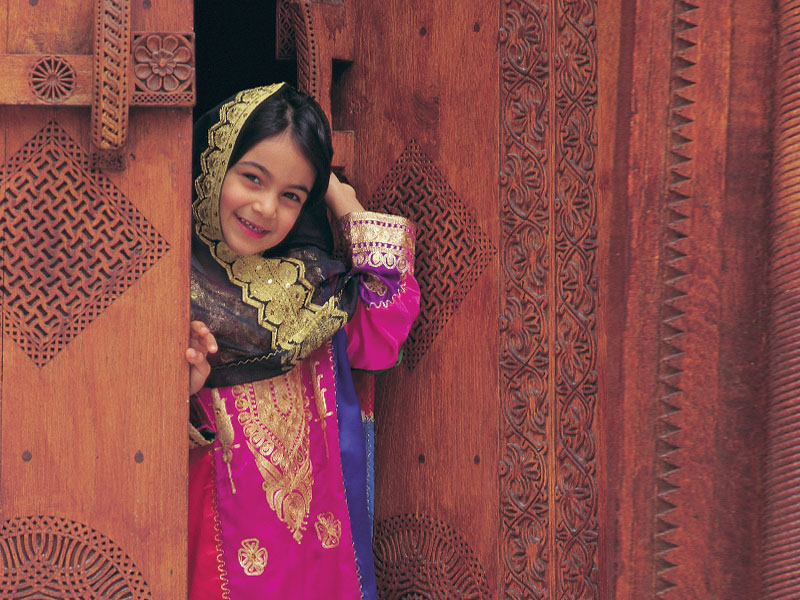Enhancing Heritage Values in the Conscience of the Younger Generation
Issue 20

In order to enhance the aesthetic and moral values of heritage, we must resort to the essential components and sources of folk culture, and concentrate on cultural interaction with other civilizations throughout history. Our folk culture has always been vibrant, adaptable and open to interaction with various forms of human heritage.
Folklore is a general term that includes oral and written practices such as narration, songs, lyrics, music, performing arts, pantomime, customs, traditions, beliefs, crafts and industries; together these constitute creative output from a variety of sources and origins.
Our heritage is the product of local and foreign practices and of historical interactions with countries we traveled to by sea. These interactions led to an integration of the human experience and our collective conscious. We can recognize the influence of other civilizations that we adopted and modified, yet we cannot deny or separate this influence from our heritage.
Africa, Iran and other countries that the Arabs visited have made important contributions to Arab culture and Arab-Islamic civilization, although most such contributions have not yet been documented using scientific research methods.
The source of heritage remains vivid in the consciousness of the nation that produced it, lived with it, absorbed it and transmitted it orally from generation to generation. It is no secret that Arab culture’s origins are oral; both Arab religious and poetic heritages were initially passed on orally.
It is unfair to think of our heritage as an unchanging part of the past and to pass it on to the younger generation in the form of anecdotes or didactic tales at school. Our children are not of the spoon-fed generation and we cannot impose our ideas and preferences upon them; the children of today think differently, and they have access to vast amounts of information.
Over the course of a century, the concept of folklore changed to include the whole of folk culture with its dramatic transformation over the years. For centuries, folk culture has been subject to the logic of the collective conscience that accepts, modifies and abolishes. Folklore will continue to change as we pass it from generation to generation; it will change in order to stay alive and meet the needs of future generations.
There are two main concepts to consider when discussing folk culture: flexibility of content and its susceptibility to change; the second is that man is the one who produces culture and leads all its changes.
From the introduction of transistors to the Internet, tablet computers and other forms of electronic communication in the era of globalization, folk culture has been subject to vast changes and has integrated an enormous number of expressions, terms, traditions, customs and new trends for communication and knowledge exchange.
Folk culture is not just part of the past; it is the nation’s culture in our time, and we must approach it in its contemporary aspect and promote its moral, spiritual and aesthetic values using the tools of our time.
Ali Abdullah Khalifa,
Bahrain


































































